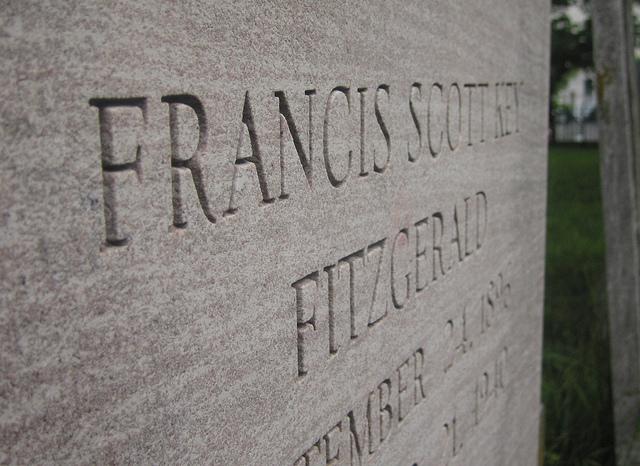
‘So we beat on, boats against the current, borne back ceaselessly into the past.’ – F. Scott Fitzgerald
‘The past is a foreign country; they do things differently there.’ – L.P. Hartley
To delve into government archives is to confront the opposing forces of two poles. One is Fitzgerald’s pole, where history pulls us back, repeating and rhyming. The other is Hartley’s place where they think and act differently.
In Canberra every January, the release of Cabinet archives confronts those ways of understanding the past. This year the Keating Labor Cabinet documents of 1992 and 1993 offer much on our nearest neighbour, Papua New Guinea. Mostly, Fitzgerald wins. The arguments are deeply familiar because they’re still running today. But Hartley pops up in a few telling ways: facts shift and habits change.
Always, though, the fundamental questions ache, as they have since Australia hauled down its flag and PNG became independent in 1975. Reviewing how Australia thought about PNG in seven Defence White Papers from 1976 to 2016, I summarised the consistent ache this way: ‘What must we do? What can we do?’ Hear the frustration and fear in that constant refrain about a vital relationship.
The Keating Cabinet worked hard grappling with what Oz can and must do with PNG. A key Hartley moment was when Australia turned its back on the old aid relationship. By 1992, PNG was in its teenage years as a nation. Australia—the former master/parent/administrator—was curtailing the cash allowance. Australia’s colonial habits of mind and routines of financial responsibility were fading fast. The monthly transfer of cash from Australia’s Reserve Bank to Port Moresby—to be spent however PNG wanted—was to be phased out. Canberra would stop all PNG ‘budget support’ by 2000.
The submission to Cabinet by the Minister for Trade and Aid, John Kerin, set the timeline to replace cash aid with program and project aid. Australia wanted control over what its money did in PNG. ‘Conditionality’ and ‘accountability’ arrived.
Running through the Kerin submission is the sense of frustration and failure about PNG that so often afflicts Oz governments: ‘PNG’s economic performance since Independence has been disappointing. Per capita income in 1991 was lower than 16 years earlier.’ The familiar litany about ‘serious development problems’ and economic ‘weaknesses’ are all there, coupled with the hopes about PNG’s bright future.
From 1975 to 1992, Australia had given PNG $5.2 billion—$4.9 billion in cash ‘budget support’. ‘No other donor has provided budget support to an ex-colony of the magnitude and for the duration that Australia has provided to PNG.’
Cabinet was told that Australia has spent $5 billion yet got little of what it wanted. Cabinet then resolved to keep spending the same amount, just with more strings. Australia would keep pumping aid to continue as PNG’s top donor. Back in the 1990s, the annual aid flow was $300 million; these days it’s $550 million. The frustrations endure.
PNG still pushes against Canberra’s versions of conditionality and accountability. The doyen of Oz correspondents in PNG, Sean Dorney, made rethinking the aid relationship a key recommendation of his new book on Australia and PNG, the wonderfully titled The Embarrassed Colonialist.
The 1992 review of Australian policy towards PNG taken to Cabinet by the Foreign Minister, Gareth Evans, is classic Fitzgerald territory—the same currents beating against the same boats. ‘We have a strong interest in PNG maintaining its integrity as a nation and ensuring that PNG does not become a strategic and security liability with a long term law and order problem.’
The 1993 report to Cabinet on PNG relations is still so relevant that seven bits of it were blacked out before its release in the Archives. Australia was facing a PNG government that was ‘aggressively nationalistic and reformist’, intent on broadening its international options and finding other partners beyond Australia. Canberra would have less influence. Sound familiar?
Oz interests might be constant but the dynamic changes.
Cabinet was advised to be philosophical: ‘The process of distancing between Australia and PNG is a natural one, which we have recognised as inevitable and in some ways desirable. It is one we can accommodate, despite occasional bilateral tensions and short term damage to our interests…’
Scott Fitzgerald would nod. Of course. Then and now. Always.